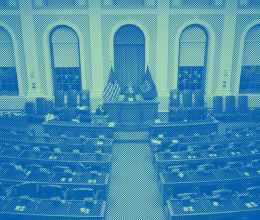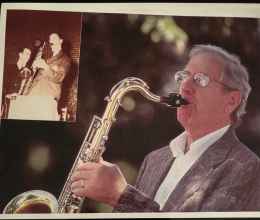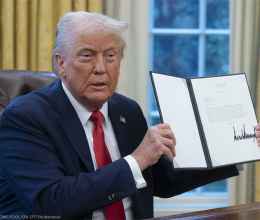A constitutional convention could potentially allow unlimited changes to the U.S. Constitution, opening the door to radical proposals that would threaten basic civil rights and liberties.
A constitutional convention would be a fairly radical step: although clearly provided for in the Constitution, a constitutional convention has never been convened in the history of our republic. Many proposals throughout the country are centered on attempts to alter the Constitution to require a federal balanced budget amendment, and in some cases to impose term limits on federal officeholders.
What is a constitutional convention?
Under Article V of the Constitution, there are two methods by which the Constitution can be changed. The first, which has been repeated 27 times, requires approval of a specific amendment by two-thirds of the House and Senate and three-fourths of the states. The other, never-before-used method is the convening of a convention, which Congress “shall call” upon “the application of the legislatures of two-thirds of the states.” Any changes to the Constitution passed by that constitutional convention must then be approved by three-fourths of the states.
Why does the ACLU oppose resolutions calling for a constitutional convention?
A convention would likely result in a weakening of civil liberties, perhaps disastrously so. There are no standards to govern how a constitutional convention would be convened and conducted, so there is no way to ensure that the delegates to the convention are representative, and that the rules governing the convention’s conduct are fair. Most significantly, perhaps, there is no way to ensure that the convention would confine itself to whatever subject inspired its creation, without veering off into dangerously impetuous rewriting of our nation’s foundational legal document.
Bill Movement:
This resolution originated in 2023 during the First Regular Session of the 131st Legislature. It was not passed in 2023 and was carried over into 2024 to be considered during the Second Regular Session of the 131st Legislature.
- Resolution read by the Senate: 5/3/2023
- Referred to the Joint Standing Committee on Veterans and Legal Affairs: 5/3/2023
- Public hearing in committee: 5/24/2023
- Work session: 6/2/2023
- Work session and vote in committee: 1/12/2024 (DIVIDED REPORT)
- Ought to pass: 8
- Ought not to pass: 5
- Senate vote: 2/20/2024 (DEFEATED)
- Yes: 12
- No: 18
- Absent: 0
- Excused: 5
- House vote: N/A
- Action by governor: N/A









